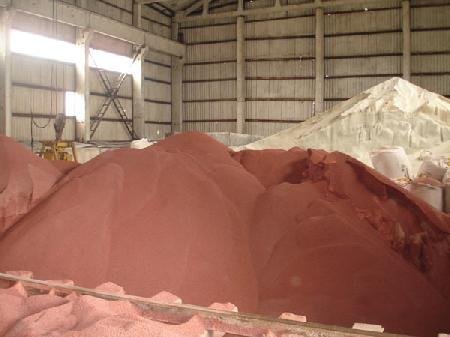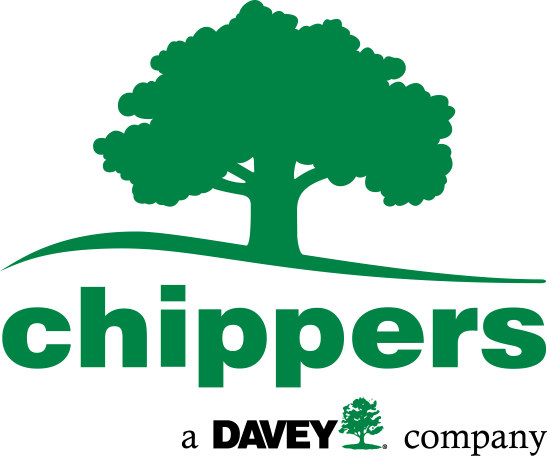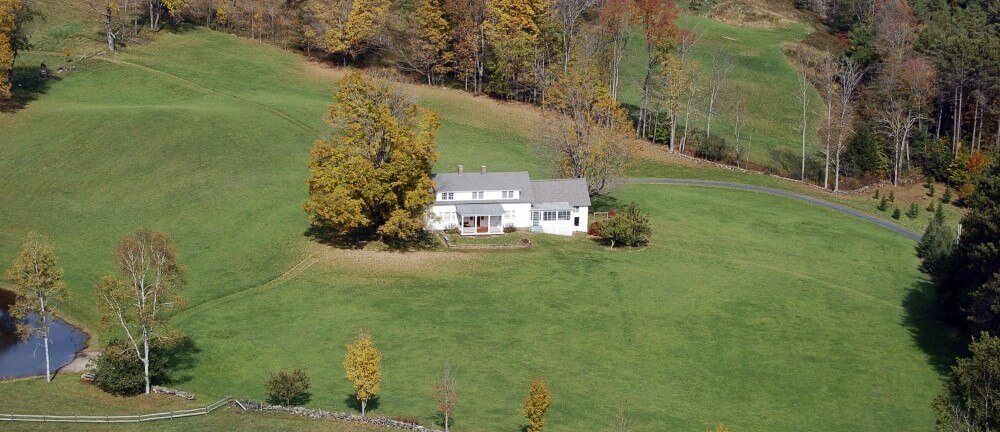Our old friend potassium is the third letter (K) listed in the analysis of fertilizer and is second only to nitrogen in importance, use, and need. (The three components of fertilizer are NPK: Nitrogen, Phosphate and Potassium.) It should come as no surprise that deficiencies of potassium can predispose your lawn to all kinds of issues, most which you will never see or know about unless informed. Sandy soils are often the most common lawns to be low in potassium due to a low CEC, Cation Exchange Capacity. Simply put, the more organic matter and smaller your soil particle size (clay) the higher your CEC. A higher CEC has a greater ability to hold onto and release potassium to your grass; this is very good.
On the other hand, sandy soil has large soil particles which have a difficult time retaining potassium. All soil particles and nutrients have positive or negative charges and like magnets beneath your feet, they can dictate what is or is not available for your lawn to use. The same analogy is true with soil pH and calcium content as a low soil pH tends to bind up or hide valuable nutrients like nitrogen or potassium. So what specific benefit does potassium play in your lawn’s overall health?

Potassium has a critical role in the ability of grass to uptake and use water and therefore is of great benefit for wear and drought tolerance. Potassium is involved in many internal plant health issues including manufacturing food and cold tolerance. Since potassium helps open and close tiny pores (stomata) in the leaves themselves, you can bet low levels surely influence the ability of your lawn to endure heat, use, and drought. Potassium has also been linked in some studies to help reduce certain diseases, or at least those situations that would predispose your lawn to diseases.
Potassium increases cold hardiness, a very valuable benefit in VT and NH! Since potassium fertilizer is often very salty by nature, its use is generally restricted to late fall as a supplemental lawn application. This allows for maximum effect for the spring growing season. If you suspect your lawn could benefit from a late fall potassium treatment, be sure to check in and find out with your local lawn care professional before the snow flies!


